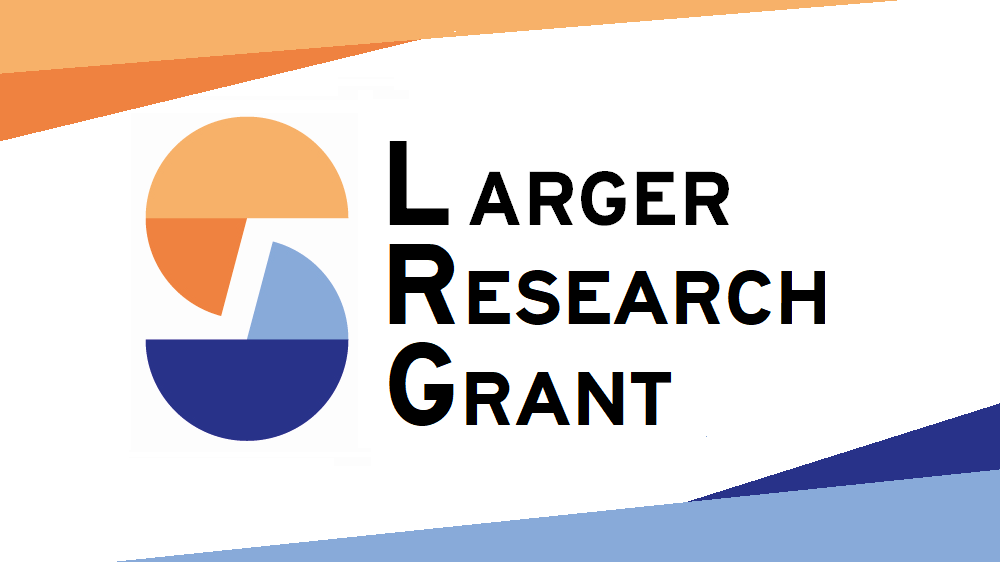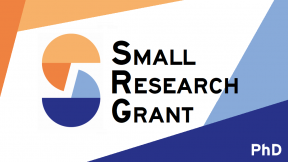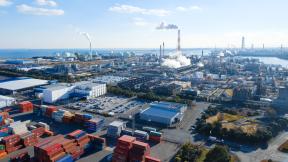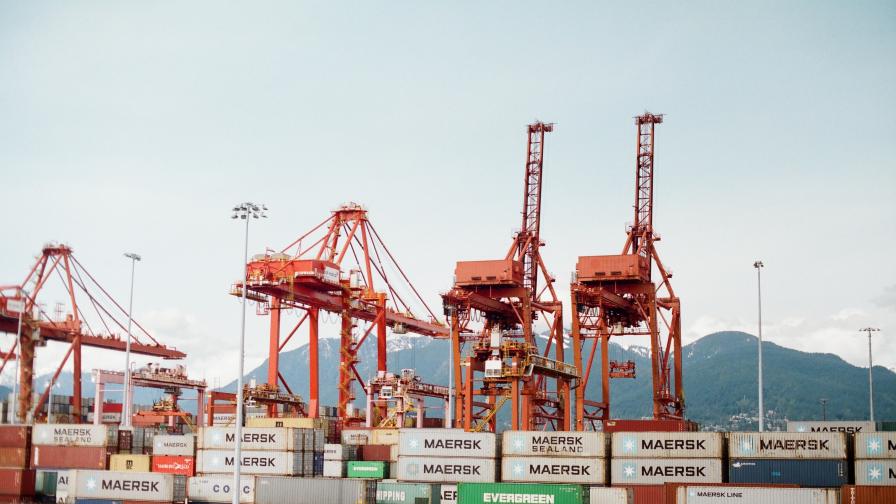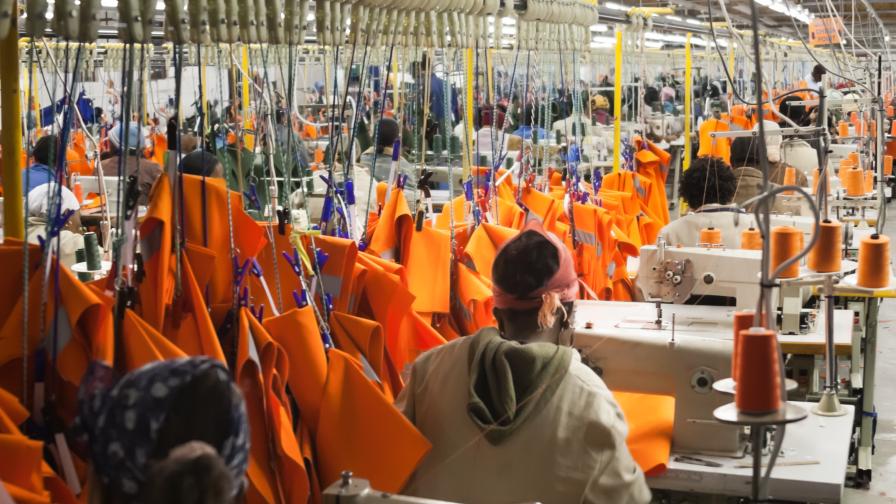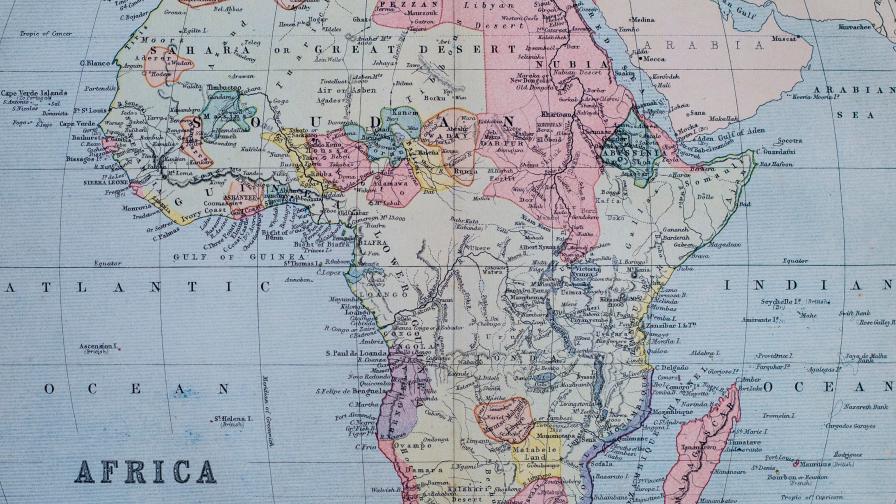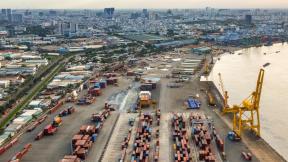Resource misallocation is a leading theory for why cross-country differences in GDP persist. But nearly all prior research into its underlying causes has studied supply-side explanations – regulations and underdeveloped financial markets, for example. Traditional models offer no demand-side theory of misallocation in part because they omit the retail sector. Since consumer demand is intermediated through retail, an inefficient retail sector may channel demand to less efficient manufacturers and farmers. This misallocation of demand may be larger in developing countries because their retail sectors are far less productive. This project addresses two closely related research questions: 1. How much upstream misallocation is caused by retail inefficiency? 2. Can improvements in one aspect of retail efficiency—a more efficient search for suppliers—increase the efficiency of upstream markets?
To answer these questions, the project develops a model in which final consumers search for retailers and retailers search for suppliers to source from. Suppliers have heterogeneous productivity (reflected in different prices) and retailers differ in their ability to identify the best suppliers. The researchers use the model to predict how much higher aggregate output would be if search frictions were eliminated or reduced. The data collected to calibrate the model’s parameters includes surveys of final consumers, and panel surveys of retailers and suppliers. On final consumers, the survey collects information on purchasing habits, most recent purchases, and beliefs regarding the distribution of prices from households and customers in the markets where retailers are located. For retailers and suppliers, detailed information is collected at baseline and through four bi-weekly phone calls on per unit prices charged and costs of sourcing, as well as questions on the shops’ reactions to hypothetical changes in costs. For retailers, the surveys additionally collect information on the shops’ beliefs on the distribution of prices across potential suppliers and how these change over time. The researchers also implement an experiment to examine the effect of reducing search frictions on shops’ sourcing choices and beliefs.
Whether search costs hinder competition and create misallocation across farmers or manufacturers is of particular relevance for low-income countries, where the retail sector accounts for a large share of employment and has lower output per worker than in developed economies. The findings are useful to government agencies, business associations, and think-tanks tasked with promoting growth among small and growing businesses. Identifying the degree of misallocation attributable to search frictions in the retail sector can help develop policies that redirect resources towards the most efficient shops and suppliers, fostering economic growth. The project expands on the existing academic literature on misallocation in developing countries by offering and quantifying the role of demand-side frictions. Furthermore, the project constructs and will make publicly available novel and detailed data linking retail shops to their customer base and their suppliers.
